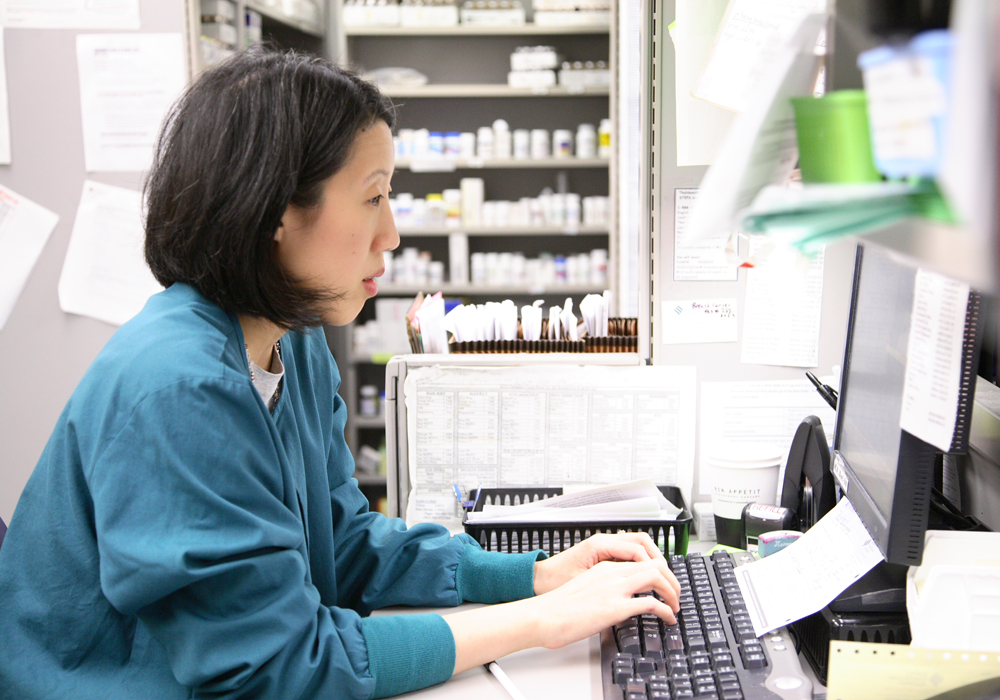The U.S. Pharmacopeia (USP) announced on September 29, 2017, it would delay the implementation of USP General Chapter <800> Hazardous Drugs—Handling in Healthcare Settings to coordinate its implementation with chapter <797> Pharmaceutical Compounding—Sterile Preparations.
According to USP, chapter <797> is still undergoing revisions and will be available for public comment in fall 2018. UPS <800> was set for implementation by July 1, 2018, but both chapters are now expected to become official on December 1, 2019.
Safe handling of hazardous drugs is paramount for successful, reliable, and efficient oncology nursing care. New and existing procedures for safe handling can protect medical staff and the patients they treat, decreasing potential spills and reducing workplace risk. According to the USP Compounding Expert Committee, any changes to medical protocol must be done in a unified and coordinated manner for proper implementation.
ONS member and author of Safe Handing of Hazardous Drugs (Second Edition), Martha Polovich, PhD, RN, AOCN®, said that she believes that USP’s decision to delay chapter <800> is not beneficial.
“The USP General Chapter <800> standards are important for healthcare workers. Many of us are disappointed that these standards to decrease hazardous drug exposure to nurses, pharmacists, and other healthcare workers are being put on hold,” Polovich said. “The stated reason is that chapters <797> and <800> will be implemented together. The USP General Chapter <797> has as its main purpose the protection for patients, and these standards are already in place—even if in need of revising.”
USP has offered the following resources for those seeking more information:
- Download USP General Chapter <800>
- USP General Chapter <800> FAQs
- USP General Chapter <800> Education Courses
Evidence suggests that chronic and acute health issues are related to exposure to more than 200 hazardous drugs used in common medical practice and impact both patients and professionals alike. Safe handling information is available through organizations like ONS, which provide helpful recommendations related to the details and procedures that can keep you safe in the workplace.






